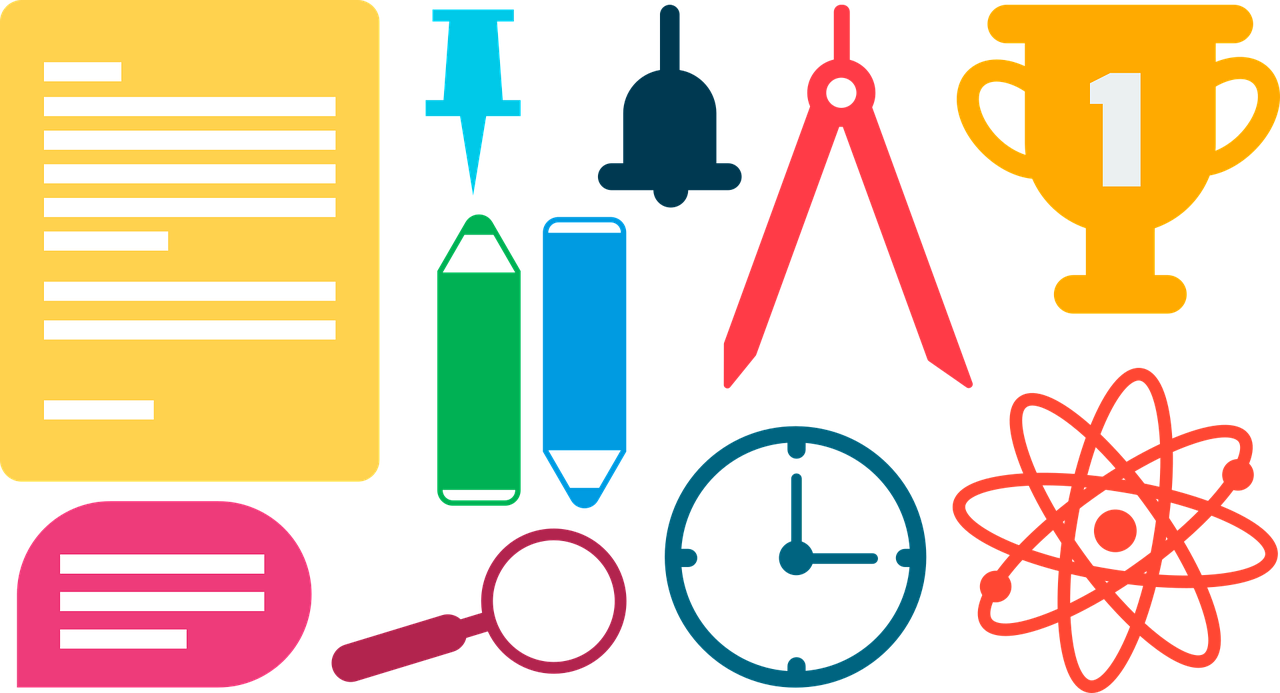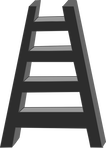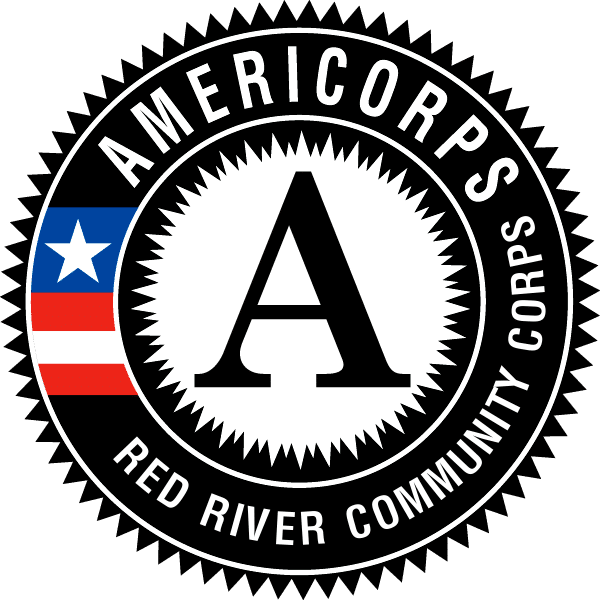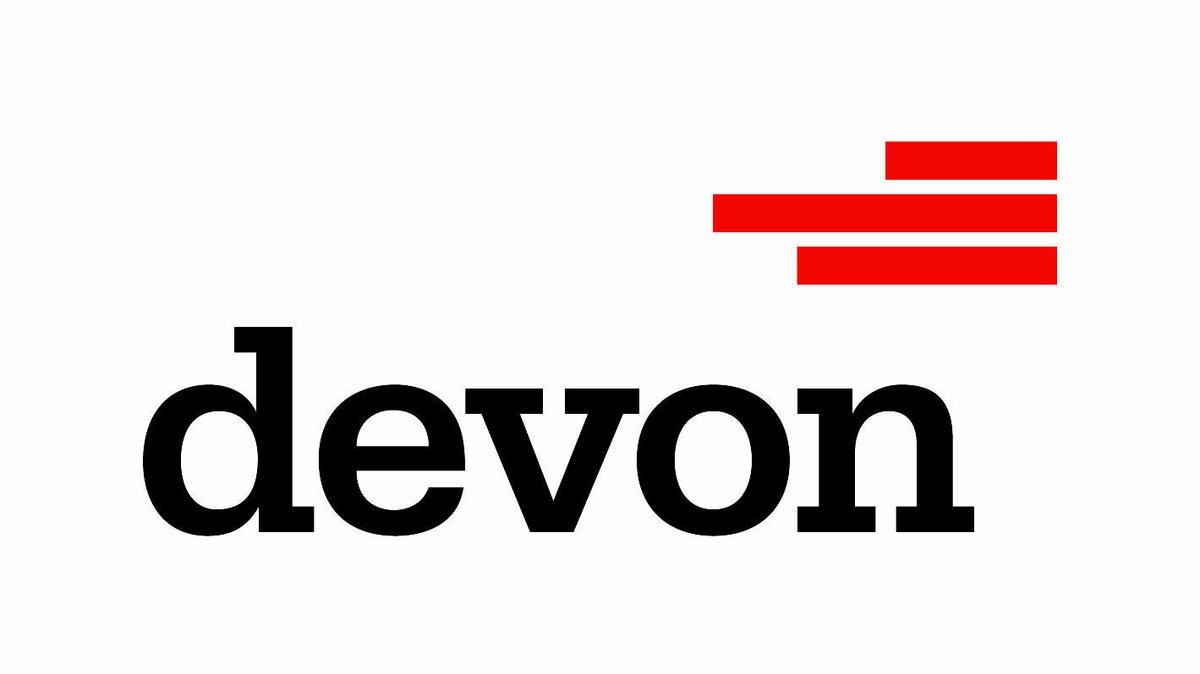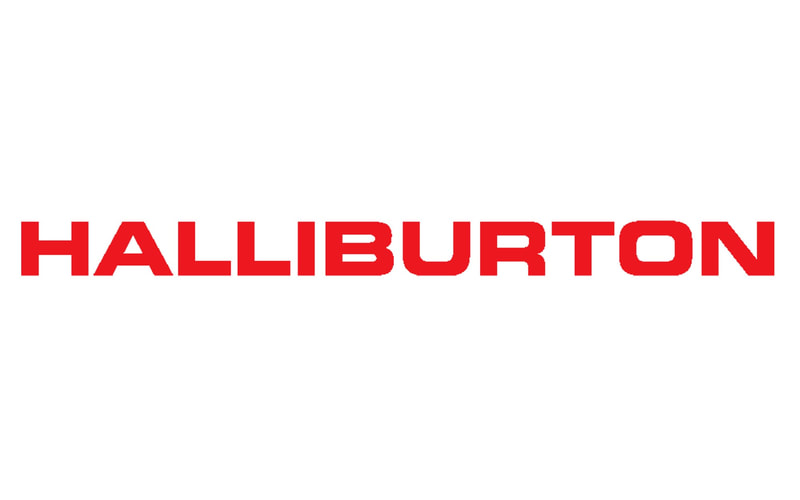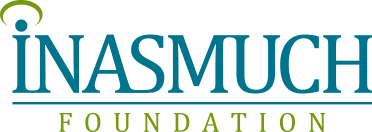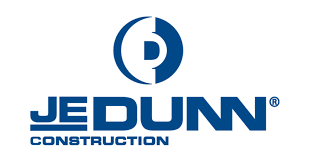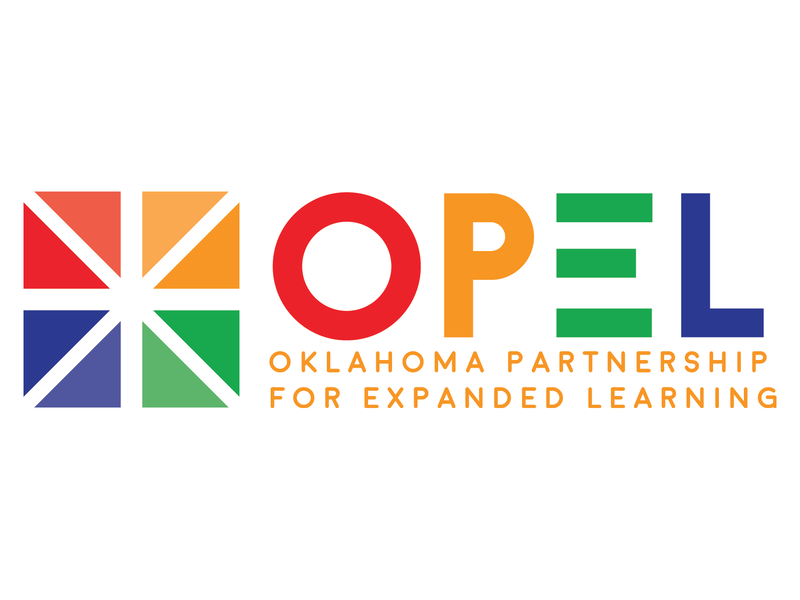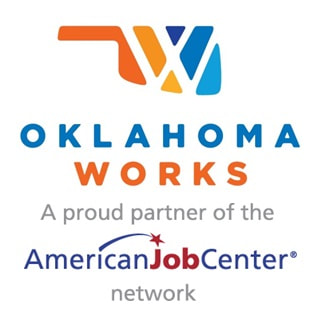What is the STEAM Engine?
The STEAM Engine is a 501(c)3 nonprofit in Oklahoma City. We partner with existing after-school programs to bring turnkey, hands-on STEM and Arts programs to students in 3rd-8th grade. Through hands-on activities, skill-building courses, experiments, and maker challenges, we help students develop the confidence and skills they need to see themselves in a STEM career.
VisionA world where communities are prepared to meet 21st century problems with 21st century skills.
|
MissionLaunch the next generation of critical-thinkers, creative problem-solvers, makers, doers, innovators and entrepreneurs—equipping them with 21st century skills using tools from the Maker Movement and the disciplines of Science, Technology, Engineering, the Arts, and Mathematics (STEAM).
|
ValuesBuilding and sustaining a community-focused organizational culture is the cornerstone for achieving our
outcomes. |
OWNERSHIP:
Together, we are all responsible for the well-being of the organization. Each person takes responsibility for their actions or inaction and resulting outcomes (whether intended or unintended) this is how we remain in relationship with one another. RELATIONSHIP: Relationship is the glue that holds everything together. Before taking any action, we ask ourselves “how will this affect our relationships with one another, our stakeholders, and our community?”. STEWARDSHIP: Our community deserves the very best return we can give them on the resources entrusted to us. We have the responsibility to be faithful stewards who administer resources in an ethical, transparent, and sustainable manner. |
Our Approach
Using an outcome-based approach, the STEAM Engine combines the hands-on nature of the Maker Movement with the inquiry-based, student-led pedagogy of project-based learning in the STEM disciplines. Our programs are designed equip the next generation with the skills they need to solve 21st century problems.
Why STEAM?STEAM stands for Science, Technology, Engineering, Arts, and Mathematics. You may see it more commonly without the "A" as STEM, but we think the Arts are an important component in this interdisciplinary approach to creatively making meaning out of the world around us. By including the Arts, STEAM strengthens the foundation of STEM by enhancing critical-thinking skills and helping students apply STEM principles through their intersection with art and design.
|
What is the Maker Movement?Whether out of necessity or as a means of self-expression, humans have been making since the beginning. The Maker Movement is a natural evolution of this long-standing do-it-yourself (DIY) culture infused with the collaborative nature of the internet and the ubiquitous availability of low-cost technology. The Maker Movement coalesced into a "movement" in the mid-2000s and has continued to evolve as makerspaces pop up around the world.
|
What are 21st Century Skills?21st Century Skills refers to the foundational skills that young people need in order to be successful in the global workforce and in life. These skills reflect the ever-changing nature of work in the post-industrial society -- sometimes referred to as the information or knowledge economy.
These skills include: Critical-Thinking Communication Creativity Collaboration IMT Literacy Life and Career Skills |
Our Theory of Change
The ABC's of the STEAM Engine's Outcome-Based Approach
Increase AwarenessMany young people are unaware of the many career opportunities in STEAM disciplines, or are unsure of how STEM applies to their life after they leave the classroom. We work to increase their awareness about what STEM/STEAM is and its real-world application.
|
Cultivate BeliefMost children decide whether they are "good" at science and math by the time they leave middle school--some make that determination as early as third grade. We provide low-pressure opportunities for young people to build confidence and self-esteem as they explore their interests.
|
Build CompetenceWe provide access to technologies, tools, materials, methods, resources and educational programs and activities that are designed to promote the development of 21st century skills and encourage learner agency. Students develop the knowledge, skills, and abilities they need to be successful.
|
